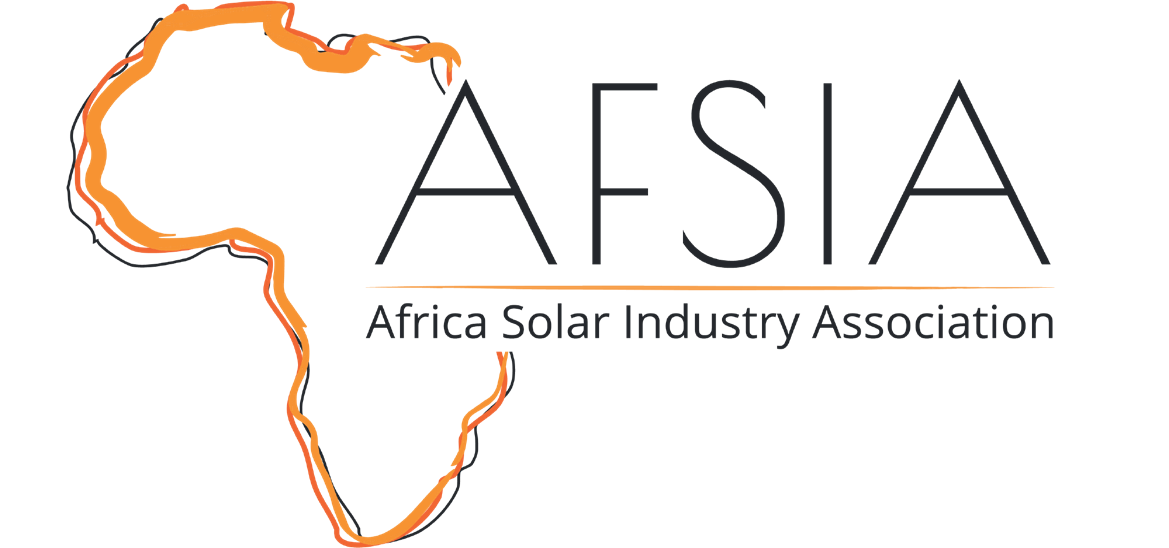
The Government of Sierra Leone (GoSL) is prioritizing achieving universal electricity access by 2030, recognizing the scarcity of public resources due to past conflicts and recent health crises. To accelerate rural electrification, international private sector involvement is deemed essential, facilitated by partnerships with organizations like the UK’s FCDO, DFID, and UNOPS. The Rural Renewable Energy Project (RREP) employs split asset mini-grid delivery models to attract foreign investment, with distribution assets owned by the Ministry of Energy (MoE) and generation assets financed and owned by the private sector. To incentivize investment, the GoSL has established a regulatory framework allowing mini-grid operators to charge cost-reflective tariffs defined by the Mini-Grid Regulations (2019), which consider various operational costs and provide for compensation in case of grid extension to mini-grid sites, thereby reducing reliance on government and donor funding for rural electrification.


